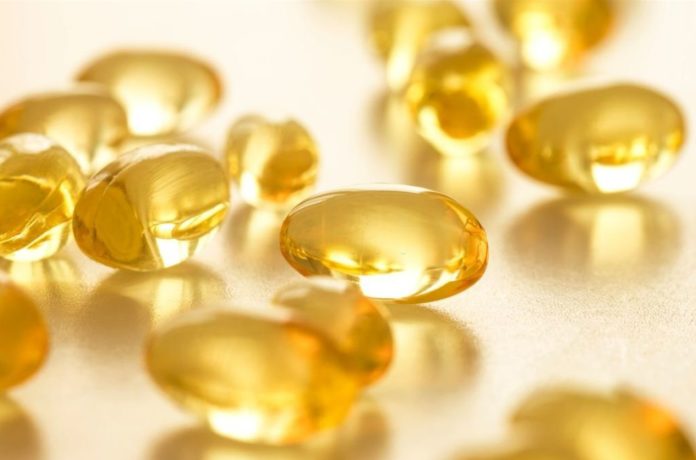For many Americans, sun exposure during the autumn and winter months is a challenge. Vitamin D deficiency symptoms should be closely monitored…
Vitamin D is essential for our overall health and well-being, and everyone should receive enough of it.
A deficiency can emerge throughout the fall and winter months and have a severe impact on one’s health, though most people can avoid deficiencies.
According to NIH, 5–30 minutes of sunlight particularly between 10 a.m. and 4 p.m., either daily or at least twice a week to the face, arms, hands, and legs without sunscreen usually lead to enough vitamin D.
There are still those who work in specific industries where they aren’t exposed to enough sunlight, as well as those who are housebound and struggle to get enough sunlight.
Those individuals should be on the lookout for a Vitamin D deficiency in particular.
So, how do you know if you’ve low levels of Vitamin D?
Do you have Vitamin D deficiency?
Fatigue and bone pain are also signs of Vitamin D deficiency.
The following are some warning signs to keep an eye out for:
- Fatigue
- Bone Pain
- Mood Changes
- Muscle aches
- Muscle cramps
- Muscle weakness
Adults and children over the age of four who are unable to get outside due to being housebound, living in a care facility, or wearing clothing that covers their skin are more at risk of Vitamin D deficiency.
South Asians, Africans, and African-Caribbeans are also more vulnerable.
People can also overdose on Vitamin D, causing calcium to build up in the body. Hypercalcaemia is a disorder that weakens the body’s bones and can harm the heart and kidneys.
Why do you need Vitamin D?
Vitamin D is necessary for maintaining a healthy level of calcium and phosphate in our bodies.
We use calcium and phosphate to keep our bones as strong as possible, and experts at Harvard University in the United States claim it can “reduce cancer cell growth, assist control infections, and reduce inflammation.”
Vitamin D deficiency is a well-known condition that can lead to health problems over time.
Vitamin D deficiency can cause bone deformities in children, such as rickets, and bone discomfort in adults, known as osteomalacia.
What is the best way to get Vitamin D?
The best way to get Vitamin D is to get outside in the sun, although there are foods that can also assist.
Vitamin D is abundant in oily fish like salmon and mackerel, as well as red meat and liver, egg yolks, and several morning cereals.
And if you’re vegan you can also obtain it from supplements.
Image Credit: Getty
You were reading: A mysterious sign you’re missing vitamin D
